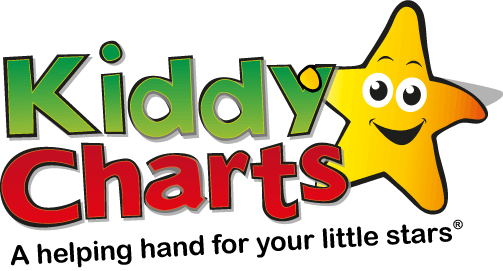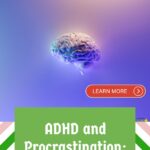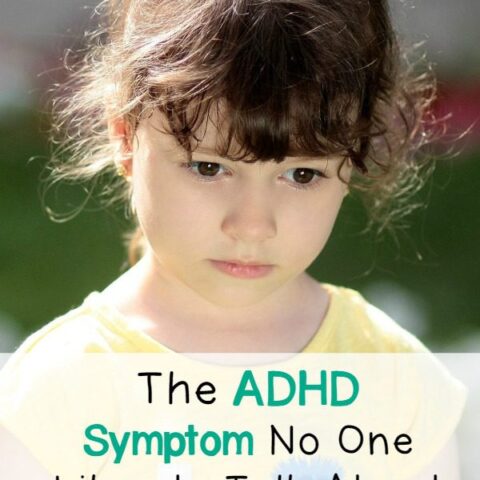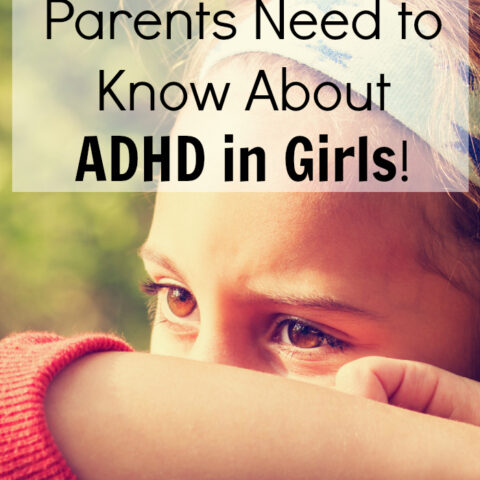We have another ADHD guest article from Sarah Templeton today; ADHD campaigner and counsellor, as well as owner of Headstuff ADHD Therapy. Today we are talking ADHD and procrastination; asking why do ADHD kids do it, and how we can help them stop.


Firstly, not all of them do actually procrastinate.
Those with hyperactive/impulsive presentation and a lot with the combined presentation don’t struggle with procrastination at all. Typically though, when things are repetitive or boring, most people with ADHD struggle.
It’s the children with inattentive ADHD who usually procrastinate most and, like everything ADHD, this can be a minor problem to so severe, it can be crippling and life-changing.
Why do ADHD kids procrastinate
There are several very different reasons why ADHD kids procrastinate, or put things off, and these are the main ones:
1. Low boredom threshold


If something is repetitive or boring, the ADHD child will amaze you with the huge amount of reasons they can conjure up to not get started. Classics are not getting dressed, not putting shoes/coat/gloves on ready for school, not starting their homework, and not getting ready for bed.
These necessary daily activities are just not stimulating or exciting enough to propel the ADHD brain into action. That means the child will put it off as long as possible.
2. Brain fog
This is an interesting one.


Brain fog is something ADHD children and adults can suffer with. It can be massively frustrating for them.
People with brain fog describe their brain as ‘being surrounded by cotton wool’. They can’t see things or think clearly. Their brain is foggy and unfocused. Another way of describing how brain fog feels is ‘like trying to walk through treacle.’ This means that everything takes a huge amount of effort.
Brain fog can come and go for some people. But some kids have it 24:7, and this makes life extremely challenging for them. It also makes it hugely frustrating.
They KNOW what they need to do and may be very keen to complete a task, but their fuzzy head holds them back.
3. Perfectionism


This is a much lesser known trait of ADHD, but having it myself – fully diagnosed and all – I can testify how crippling this can be. It sits along ADHD and procrastination in quite a frustrating way…
Those of us with perfectionism won’t want to start anything or do anything unless everything is perfect and we know we can do it perfectly.
This may look like procrastination. An example as a child would be not being able to start a craft project because they know they are going to need blue paint and the blue paint pot is nearly empty.
Despite the teacher assuring the child she will replace the blue paint by the next class, the child will lose all motivation to start. This is because they can’t finish because ‘everything isn’t perfect.’ They don’t have all they need for the whole project.
Another example would be a child who pulls a button off their school shirt in the first lesson and can’t work properly for the rest of the day because ‘everything isn’t perfect’. Or drops tomato ketchup all down their school jumper at lunchtime. In their eyes, their day has been ‘ruined’ and you may well find this child can’t get started on anything else for the rest of the school day.
4. Overwhelm
This is a lesser known trait of ADHD, but it’s very important to understand just how debilitating it can be.


ADHD brains get overwhelmed very easily and very quickly. A child can be looking at a piece of work, let’s say an essay, and suddenly have a huge wave of ‘it’s all too much, I can’t do it, there’s too many parts to it.’ Overwhelm will then hit them, and because of it they will put off/procrastinate about even starting.
ADHD and procrastination: How can we help stop it?
So we’ve seen there are a good few reasons why ADHD kids could be procrastinating. But how can you help them stop?
There are a few good tried and tested techniques that definitely work so try any or a combination of these tips:
1. Break the task down


If it’s an essay and they are overwhelmed – break it down into ‘opening paragraph’, ‘body of essay’ and ‘conclusion’.
Let them start at whatever point they feel they can. Do it backwards if that helps them get started. If it’s an art or craft project and they’re stumped how to start, ask them to start with just one area, for example which colours would they like to use? What colour paper would be their first choice?
2. Set goals


If they are overwhelmed (they won’t know this so you’ll have to have your detective skills honed), try asking them to focus on this for 20/30 minutes before having a break and doing something else.
3. Introduce rewards


Nothing motivates an ADHD child like something nice to aim for. If the craft project isn’t being started try “why don’t you choose the colour paper and the colour paints you are going to use, and then we’ll have a break with a milkshake and some of those nice new cookies I bought”.
That should be enough for a reward based ADHD brain to do just those couple of things before they know there is something nice to look forward to.
Above all understand that procrastination is an ADHD trait, and there is always something behind it. Once you have found what is behind it, it’s relatively easy to come up with ways of motivating a child.
Remember too, this is definitely not just a child ADHD trait. I’ve met many adult clients in their 30s, 40s and 50s, whose own procrastination drives them insane, but they haven’t yet found their own ways of overcoming it.
My way to beat procrastination is to give myself a reward at the end of doing something boring. It definitely works, even when you set the reward yourself. So, for example, I’m finishing writing this article before allowing myself to have my dinner! 😂
We hope that you found this useful, do check out the other ADHD resources for parents and teachers on the site, including these ones:
Articles on ADHD from KiddyCharts Part 1
Here are the first in our series of articles to help and support parents and teachers to understand ADHD in kids
ADHD comorbidity: What co-existing conditions you might need to look out for
Our first article in the series looks at the ADHD co-existing conditions.
Emotional dysregulation in ADHD kids: What is it and how to handle it
The second article from Sarah Templeton explains what emotional dysregulation is in ADHD, and how to deal with it.
What is rejection sensitive dysphoria and how does RSD ADHD appear in kids?
The third article covering ADHD focuses on RSD, or Rejection Sensitive Dysphoria. What is it, and how does it manifest in ADHD?
ADHD medication guide: To medicate or not to medicate that is the question
Do you want to know more about ADHD medication? Then check out this handy guide from Sarah Templeton.
Or others ideas from wider too:
Articles on ADHD from other sites
Here are some more articles from some other kid-related sites that also cover ADHD
Top Tips For Caring For Your Child Diagnosed With ADHD
Some tips and ideas for helping your child with ADHD.
The Surprising Link Between ADHD and Anxiety
As we have said, social anxiety is often linked to ADHD; here is another article looking at that link.
10 Things Other Parents Need to Know About ADHD in Girls
ADHD preents very differently between boys and girls. Here are some things that other parents should know about it.
Why not subscribe to our articles for more details – as well as great resources for entertaining and education kids?
We’d love to see you on the site again soon.
Helen
































